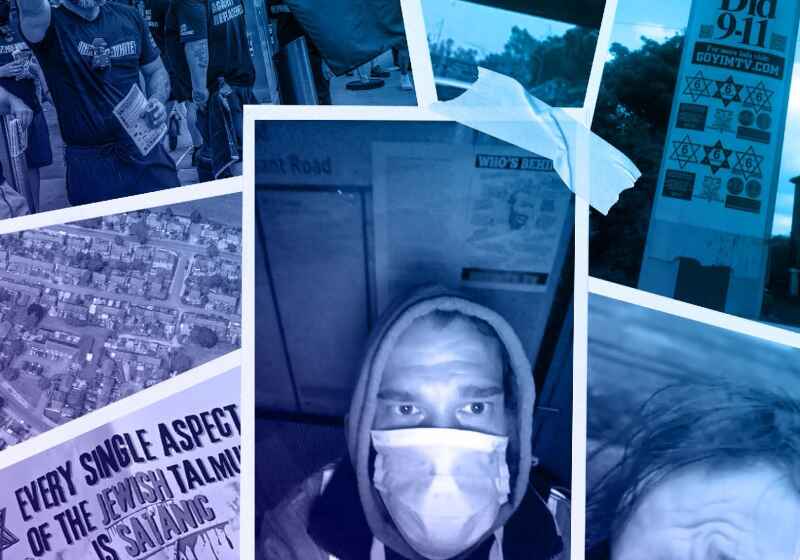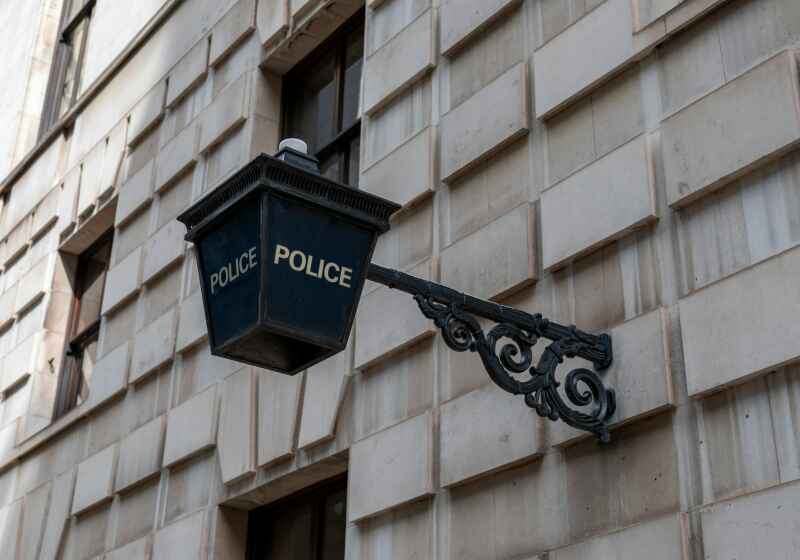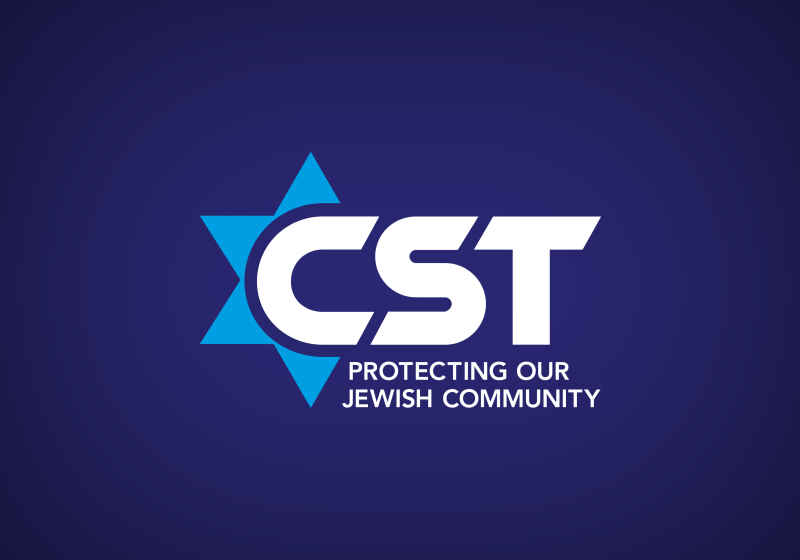CST Blog
The Spirit of Cable Street
4 October 2011
Today is the 75th anniversary of the 'Battle of Cable Street', when an attempted march by Sir Oswald Mosley's British Union of Fascists (BUF), through largely-Jewish areas of the East End of London in October 1936, was prevented by huge numbers of anti-fascist protestors, who engaged in violent clashes with the BUF and the police.
The event has a mythical place in anti-fascist folklore, representing popular opposition to fascism in the face of official complacency and/or complicity, of a sort that required admirable physical courage. It has also come to assume a foundational role in the history of Jewish self-defence in this country, as Mosley's target was the large Jewish community in East London, and many of the protestors who opposed him were themselves Jewish.
Much has been written elsewhere about the events on the day and the surrounding history. I will not duplicate them here, but Hope Not Hate has an excellent selection of articles, contemporary media reports and some fascinating first-person accounts from some of those who where there.
The role of the Jewish community establishment on the day is often criticised, as the Board of Deputies of British Jews called on Jews not to attend the anti-fascist mobilisation. For various reasons, the Board was slow to accept the connection between antisemitism and fascism in the early 1930s (viewing German Nazism as not representative of fascism elsewhere); and were hestitant to openly confront the BUF's antisemitism once it became an increasing part of their programme after 1934. However, the widely-held belief that the Board of Deputies was out of touch and unsympathetic to ordinary Jews, while more militant, working class organisations like the Jewish People's Council Against Fascism and Anti-Semitism (JPC) led the ant-fascist struggle against the wishes of the Jewish establishment, is itself simplistic and one-dimensional. In fact the Board's appreciation of the dangers posed by the BUF, and their commitment to combat its growth, changed enormously during the course of the 1930s, and by the late 1930s the Board and the JPC developed a working cooperation, in recognition that anti-fascist campaigning requires different and complementary activities.
One fascinating, but little-known, part of this story is the Board's infiltration of the BUF and other fascist organistions, which not only played a role in undermining the BUF but also directly aided the British war effort. In an appropriately-titled paper, Some Lesser Known Aspects: The Anti-Fascist Campaign of the Board of Deputies of British Jews, 1936-1940, Daniel Tilles describes this work in some detail:
These efforts began in 1936, when a senior BUF officer, having grown disillusioned with Mosleys turn to anti-Semitism, decided to pass intelligence to the Board. Capt. A, as he was known, worked within Blackshirt headquarters, and as such was able to supply extremely sensitive information. Details of where future BUF events were to be held, for example, allowed the LAC [London Area Council] to arrange countermeetings at the same locations, while his reports on the BUFs planned activity were passed on to the police and home office. Most significantly, he provided lists of BUF members, and in September 1939 these were handed over to the authorities, aiding the wartime observation of fascists and helping identify those who were interned in 1940, bringing about the BUFs demise.
Inspired by this success, in 1937 [Board President Neville] Laski managed to plant an agent in the IFL [Imperial Fascist League] too, with his reports revealing much about its internal workings and extreme brand of racial anti-Semitism. More problematic was the penetration of two extremist groups that developed in the build up to war, the Militant Christian Patriots (MCP) and the Nordic League (NL), which, unlike the BUF, operated largely underground. Through his contacts with the police, Laski secured the services of a former Special Branch inspector, who, under an assumed identity, secured membership of the two organisations. His investigations revealed the degree to which the NL sympathised with and had connections to the Nazi regime, as well as the extreme nature of its anti-Semitism, extending to advocacy of genocide. Such was the extent of his integration that he was invited to an NL summer school in Germany, where links between the movement and senior Nazi figures became further apparent. As well as providing reports on the potentially treasonous position of the NL and its subterranean activity, which the Home Office found astonishing, he was able to supply the authorities with the names of Nazi agents in Britain.
Another myth about Cable Street is that it marked a blow from which the BUF never recovered. In fact, in the weeks and months following Cable Street the BUF's membership and activity increased, as did their attacks on Jews; but more important was the impact that Cable Street had on Mosley's opponents. It proved to Jewish and non-Jewish anti-fascists across the East End and beyond, that they had the numbers, the organisation and the spirit to stop Mosley. The slogan "They Shall Not Pass!" was not just for the day, but represented a mentality which British pre-war fascism never managed to overcome.
This spirit lived on after the war in the Jewish community. It could be found in the 43 Group, formed by Jewish ex-servicemen who returned from defeating Nazism in WW2 only to find Mosley's fascists back on the streets of Britain; their ranks famously included a young Vidal Sassoon. It was revived in the 62 Group (actually the '1962 Committee'), formed to oppose Colin Jordan's National Socialist Movement and other neo-Nazis in the 1960s. And it is no coincidence that veterans of the 62 Group were involved in the creation of CST, and are still involved with CST to this day.
The nature of antisemitism and the physical threats faced by British Jews have changed considerably since 1936. The legacy of WW2 and the Holocaust mean that Mosleyite fascism has lost any mainstream respectability it once had, while the growth of international terrorism (pdf) since the late 1960s means that the physical defence of Jewish communities has shifted from street battles to security measures at Jewish buildings. CST only employs legal measures to oppose antisemitism, unlike our forebears in the 62 Group and beyond. But some things remain constant, despite these changing circumstances. Firstly, the cross-communal nature of the opposition to Mosley at Cable Street is reflected in CST's consistent, active opposition to the British National Party and the English Defence League, despite the fact that neither group predominantly targets Jews. And secondly, that antisemitism can never be tolerated or ignored, whoever it comes from, and whatever the context.


